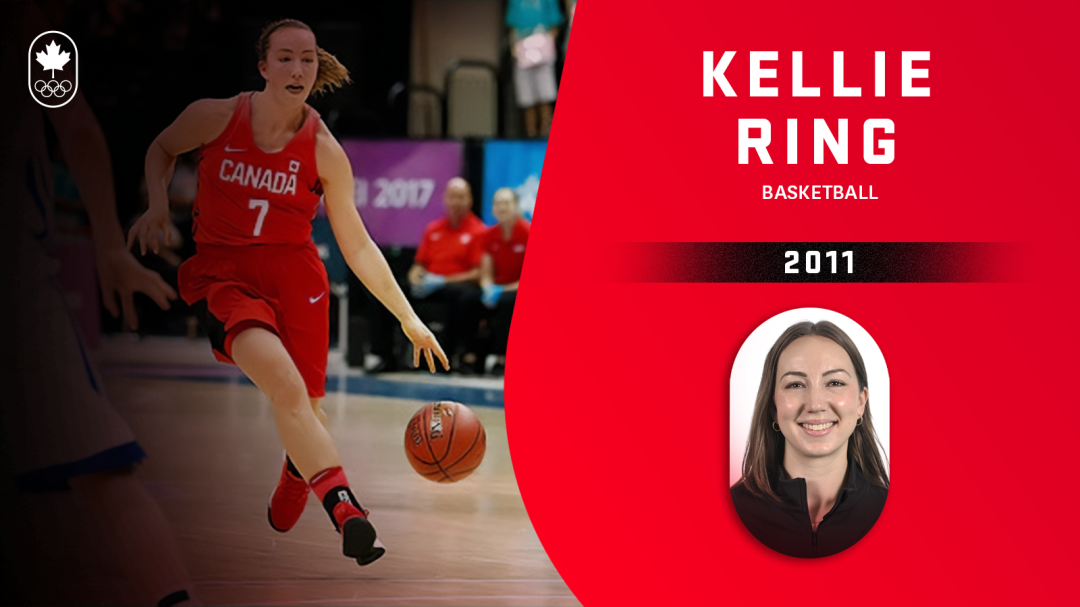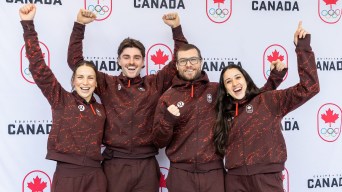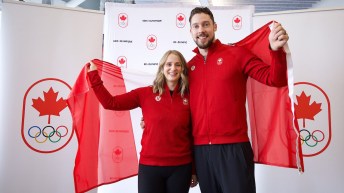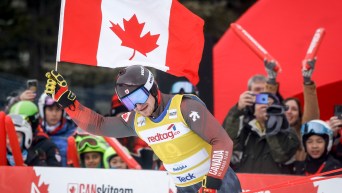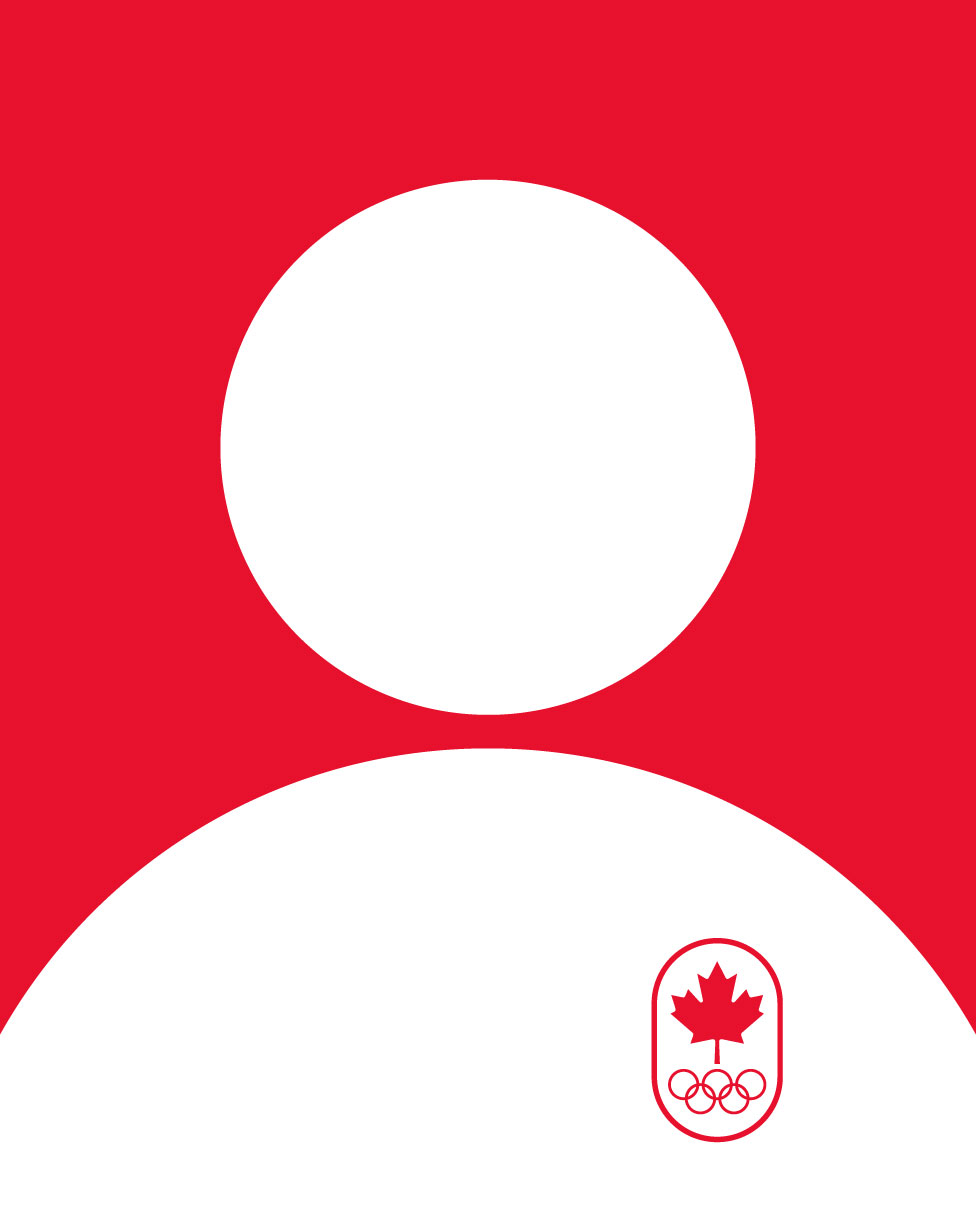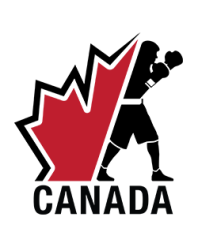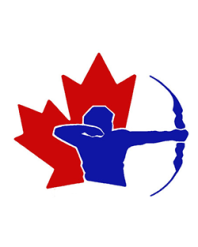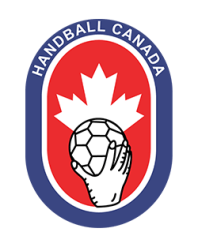Team Behind the Team: From Player to Advocate – Supporting Canada’s Athletes as Complete Individuals
The Canadian Olympic Committee (COC) is proud to put athletes at the heart of everything it does. At all levels of our organization, from our Board of Directors to our interns, our team is comprised of people who truly believe in the power of sport – including an impressive group of Olympians, Paralympians, Pan American Games athletes, former national team athletes, rec league athletes, and passionate sport lovers. In this series, we’ll share stories from members of our team who have competed at major multi-sport Games and who are now dedicating their professional lives to helping the next generation of Team Canada athletes live their dreams.
Kellie Ring grew up in a sports family. Her parents were both varsity athletes: her dad became a university football coach while her mother had a career in sports administration. Kellie played several sports at a high level but ended up focusing on basketball, representing Canada in many age group championships that took her to close to 20 different countries. Among the highlights, Kellie played on Team Canada at the Guadalajara 2011 Pan American Games.
Kellie is now Program Manager at Game Plan.
This interview has been edited for length and clarity.
Tell us about some of your early highlights in sport.
I represented Ontario in basketball at the 2009 Canada Summer Games in PEI. I have family in PEI, and I remember being in the athlete’s village and seeing my grandpa and cousins who were working as volunteers in the cafeteria. It was such a great experience as my first multi-sport games and just made me feel so special. Fast forward to 2022, I ended up working as the Digital Marketing Manager on the Host Society for the Canada Summer Games in Niagara and then at the 2023 Canada Winter Games in PEI. I got to work on an event that to me is like a miracle for athletes, something that can be either the pinnacle of an athlete’s career or can be truly the stepping stone (to the Olympics, Paralympics or Special Olympics). I can’t say enough about the Canada Games and what they do for our country, for the communities where they take place and for the next generation.
Was there a moment working on those Games that you’ll never forget?
Yes. I was working one day at Canada Games Park in Niagara and got to witness a wrestling match that brought tears to my eyes. Eekeeluak Avalak won Nunavut’s first ever gold medal in wrestling and it was such an emotional moment for him and everyone watching. He had to overcome so much to get to this moment. He dedicated his victory to his brother who died before the Games. You could see how his community back home celebrated this historic moment and the impact that sport had on his life.
WATCH : Eekeeluak Avalak on winning Nunavut’s 1st ever gold at the Canada Summer Games
How did you end up at the COC?
I was always striving to be an Olympian but had multiple knee injuries. Sometimes I got in my own way too, self-doubt creeped in and that affected the way I performed. I played briefly in the Women’s British Basketball League but after my third ACL surgery, I retired and moved back home. I still wanted to be involved in sport though – I always understood its true value and the power it has to transform your life.
I got my Bachelor of Arts in Communication at the University of Ottawa, and my Master of Digital Media from Toronto Metropolitan University. During my Master’s, I did my internship at the Canadian Olympic Committee on the digital team so it’s kind of come full circle now.
What took you to Game Plan?
I really enjoyed my time working at the Canadian Olympic Committee and when Game Plan was looking for a Program Manager, to be honest, at that time I wasn’t 100% aware of everything Game Plan did for athletes. I did a lot of research and was inspired by the support Game Plan provides athletes. I applied, interviewed and was hired in September 2023.
Game Plan is Canada’s holistic athlete-support network. We’re here to help athletes channel their dedication to performance into themselves as individuals as well. I have had the opportunity to work on different programs, services and resources and to collaborate with experts in those fields to develop all this holistic support.
I like to say you’re not going to be a high performing athlete your whole life. I found out the hard way through injury. It was kind of like, ‘Well, now what? I have a master’s degree. I have an undergrad. What am I going to do now?’ When I was competing, I was all in on my sport all the time. I wasn’t really thinking about myself as a person outside of sport.
How much could you have used that type of support?
I never tapped into Game Plan early on, and I think it would have been extremely beneficial. The reality is I just wasn’t ready at that point in my journey. I don’t necessarily kick myself for it, because timing is personal, but I do recognize the value I missed. Now it’s my role to encourage athletes to engage with Game Plan whenever they feel ready.
There is a great network of individuals that can support them. I wish I told my younger self that you can use it as much as you want. You really can make whatever commitment is right for you to ensure there won’t be any gaps in your skills when you retire.
What’s the one thing you’d like athletes to know about Game Plan that they don’t know?
That we are not just for retired athletes. I think that sometimes there’s a misconception that they need to finish their sport career and then they can engage with Game Plan. When Game Plan first started in 2015, it definitely was a transition or retirement program and so I understand people might still think that it is that, but it has evolved. It is important to recognize that we’re helping athletes live, and plan to live a healthy, balanced and successful life at every stage of their journey.
Is there one thing that you’re most proud of so far in the work that you’ve done?
When I came in in September of 2023, I inherited a lot of already amazing programs, services and resources. More recently, we implemented a public speaking program with Olympian Claire Carver-Dias, and it continues to be a hit with the athletes. Whether they’re just starting their public speaking journey or have a little bit more experience, it’s a great way for them to build their skills and confidence in telling their stories. It highlights things like how to communicate succinctly and we’re exploring other opportunities like that ahead of Milano Cortina.
How fortunate is Canada to have Game Plan?
It is no doubt world-leading. We work collectively with our partners to support athletes’ well-being, whether it’s providing financial support for mental health services, educational scholarships or awards for athletes to pursue postgraduate degrees in business, along with so much more. I think it shows that Canada really cares about their athletes as humans. It is important to understand that it is a performance driver as well. We’ve found that athletes who achieve balance between their sport and personal lives perform better, they stay in sport longer and have a smoother transition to retirement.

